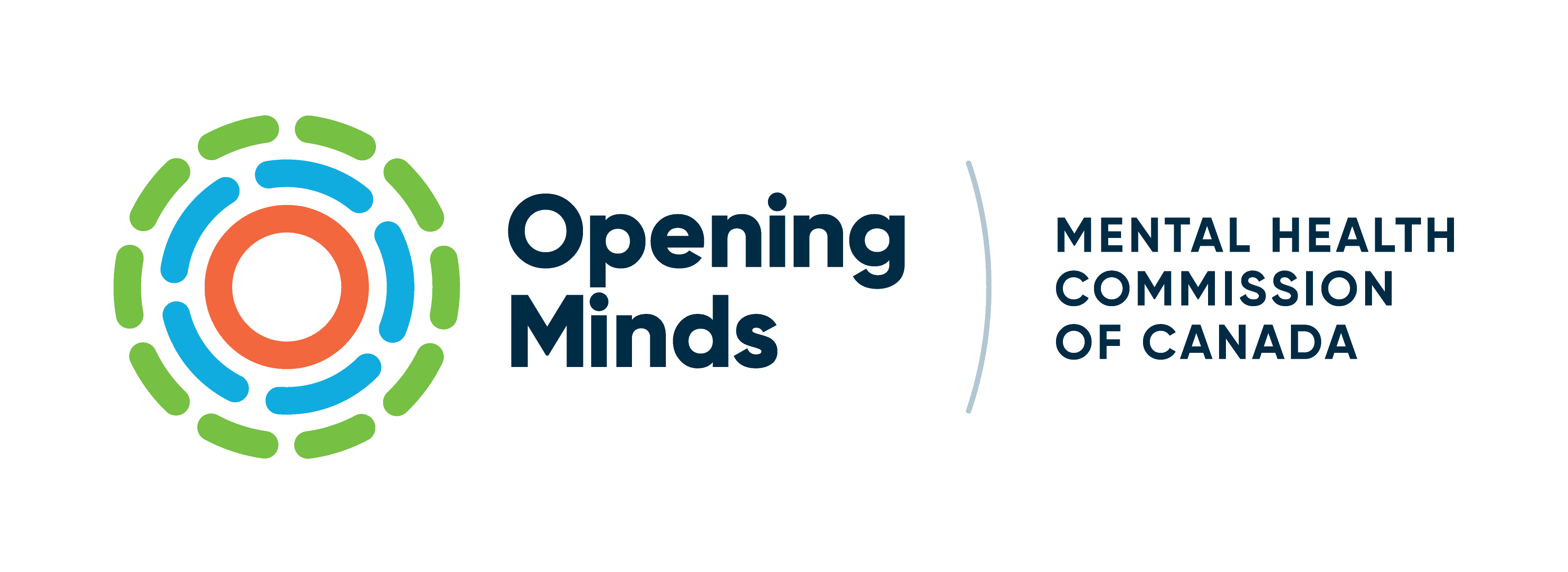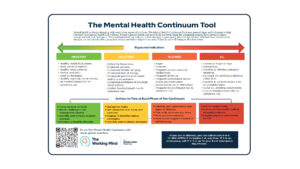Mental health directly impacts productivity, innovation, and employee engagement, making it a critical focus for organizations. Yet, many still lack a unified strategy to address it effectively. Recognizing mental health as a C-level priority is essential—not only to meet workforce expectations but to ensure long-term organizational success.
Leaders who integrate mental health into business planning demonstrate a clear commitment to their people, their culture, and their bottom line. The time to act is now.
The Business Impact
CFO: Protecting the Bottom Line
Mental health challenges carry measurable costs. In Canada, absenteeism due to mental health issues costs employers $16.6 billion annually. Presenteeism, where employees are at work but not fully functioning, contributes even more to lost productivity. These factors erode profitability and strain resources.
Employee turnover is another critical expense. Replacing an employee costs up to 33% of their annual salary, including recruitment, onboarding, and lost productivity. Mental health initiatives reduce turnover, increasing stability across teams.
Investors are also shifting focus. Environmental, Social, and Governance (ESG) priorities now recognize mental health as part of the “Social” pillar. Organizations with visible mental health strategies align with these expectations, positioning themselves as forward-thinking and responsible.
CEO: Driving Innovation and Resilience
Employee engagement is vital for growth. In a 2023 survey by LifeWorks, 52% of Canadians reported burnout, with mental health challenges significantly impacting their work performance. Without a strategy to address these challenges, disengagement rises, harming innovation and morale.
Healthy workplaces adapt better to economic shifts. Organizations with robust mental health strategies are better equipped to retain top talent, pivot in uncertain markets, and foster resilience. CEOs set the tone by embedding mental health into organizational priorities, making it an integral part of sustainable growth.
CPCO: Attracting and Retaining Talent
Workplace expectations have evolved. A Deloitte study found that 70% of Canadian employees now expect their employers to prioritize mental health. This demand is particularly strong among younger workers, whose decision to join or remain with a company often hinges on its well-being initiatives.
For CPCOs, mental health strategies are central to shaping a thriving culture. By aligning these strategies with organizational values, CPCOs create environments where employees feel supported, valued, and empowered.
The Case for a Mental Health Strategy
Mental health isn’t a standalone initiative. It requires an integrated, organization-wide approach with measurable outcomes.
Key Actions for Leaders:
- Assess Impact: Evaluate how absenteeism, presenteeism, and turnover affect your organization.
- Establish Accountability: Make mental health a shared responsibility across leadership roles.
- Align with Strategy: Embed mental health into broader business objectives, from risk mitigation to talent development.
- Measure Progress: Track outcomes to demonstrate the impact of mental health initiatives.
These actions signal to employees and stakeholders alike that mental wellness is a core organizational priority.
Proven Solutions to Advance Mental Wellness
Organizations at any stage of their mental health journey can take practical steps to advance their efforts. Evidence-based programs like Mental Health First Aid (MHFA), The Working Mind (TWM), and Psychological Health and Safety (PHS) provide structured frameworks to create meaningful change.
These programs equip leaders and teams to:
- Build awareness and reduce stigma.
- Strengthen resilience and communication.
- Foster environments where mental wellness is embedded in workplace culture.
Whether you are starting, strengthening, or accelerating your efforts, prioritizing mental health reflects a commitment to your people, your culture, and your organization’s sustainability.
Take the next step in your journey to advance mental wellness strategy today.
Sources:
- Deloitte Canada: ESG trends
- LifeWorks Mental Health Index 2023
- Deloitte Canada: Mental health expectations


